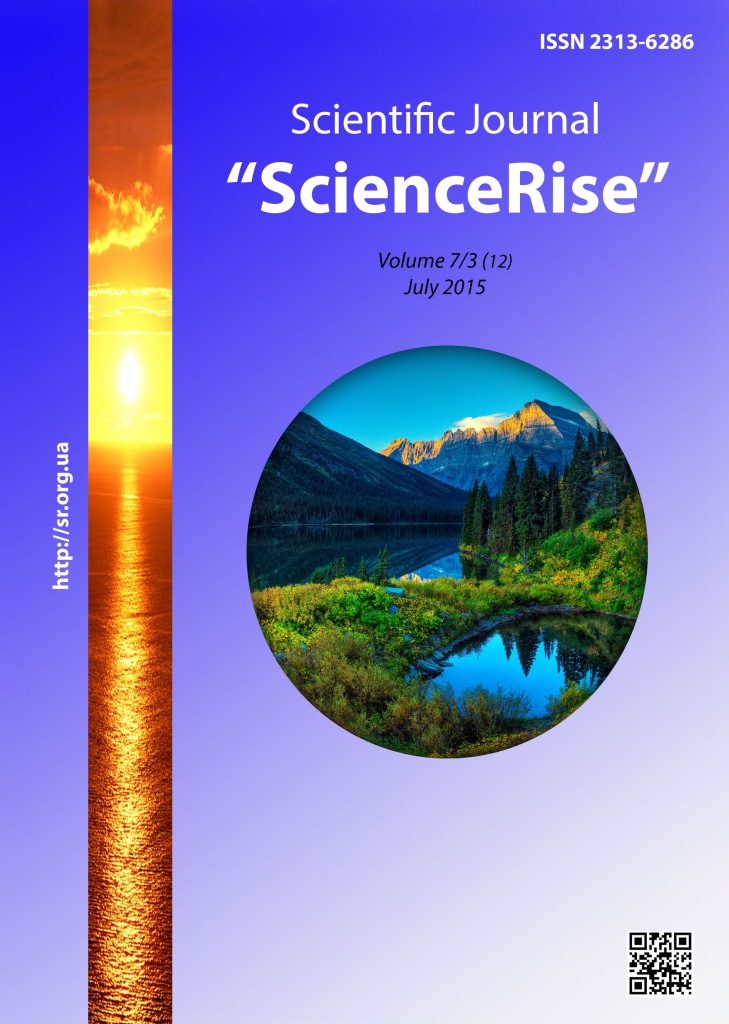Motivational control of behavior of the staff
DOI:
https://doi.org/10.15587/2313-8416.2015.47324Keywords:
work motivation, motivational concept of controlling the behavior of the staff, methodical approach, conditional motivational category, motivation curve.Abstract
The article discusses the need for transition to the non-traditional (motivational) concept of management of behavior of the staff; substantiates the urgent need to develop a universal innovative approach to the classification of staff to ensure the implementation of motivational models; the original technique based on the separation of employees on the conventional categories and drafting motivation curve; introduce and analyze the results of the pilot of approbation of the author's methodological approach.
References
Milyaev, L. G. (2005). Motivation, evaluation and remuneration of the staff of organizations: monograph. Barnaul: Publishing house of Alt. state technical University,190.
Milyaev, L. G., Fedorkevich, D. Y. (2011). Teoretiko-methodological and applied aspects of HR management organizations. Novosibirsk: Siberian University publishing house, 180.
Milyaev, L. G., Fedorkevich, D. Y. (2014). Methodological tools of personnel management. N-Birsk: Siberian University publishing house, 200.
Pyankov, S. A. (2004). Methodical approaches to the development of motivational models of personnel management research and production associations: dis. Cand. Econ. Sciences. Barnaul: Altai state University, 152.
Leonov, S. G. (2008). Development of motivational models of management of scientific-pedagogical staff of the University: dis. Cand. Econ. Omsk: Omsk state University, 2008. – 150 p.
Fomin, S. A. (2008). Assessment and stimulation of the personnel in conditions of transition to innovative way of development: dis. Cand. Econ. Sciences. Omsk: Omsk state University, 155.
Downloads
Published
Issue
Section
License
Copyright (c) 2015 Лариса Григорьевна Миляева, Денис Юрьевич Федоркевич

This work is licensed under a Creative Commons Attribution 4.0 International License.
Our journal abides by the Creative Commons CC BY copyright rights and permissions for open access journals.
Authors, who are published in this journal, agree to the following conditions:
1. The authors reserve the right to authorship of the work and pass the first publication right of this work to the journal under the terms of a Creative Commons CC BY, which allows others to freely distribute the published research with the obligatory reference to the authors of the original work and the first publication of the work in this journal.
2. The authors have the right to conclude separate supplement agreements that relate to non-exclusive work distribution in the form in which it has been published by the journal (for example, to upload the work to the online storage of the journal or publish it as part of a monograph), provided that the reference to the first publication of the work in this journal is included.

